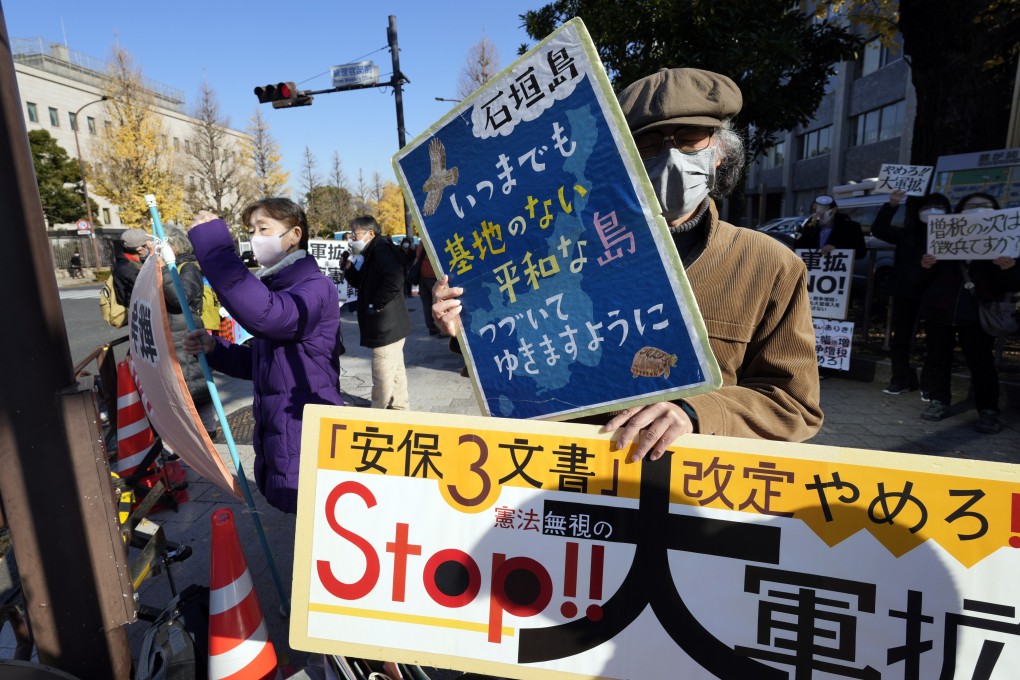Letters | Japan’s military build-up runs counter to Asia’s peace and prosperity
- Readers discuss what Japan’s departure from pacifism means to Asia, and wonder what the Year of the Rabbit holds for Ukraine

For the rest of Asia, steeped in historical grievances, this is a disturbing change to the status quo. Japan’s wartime atrocities have sensitised many Asian nations to its military posturing. The country’s departure from pacifism could reopen historical wounds, sour relations with China and perhaps provoke reactionary measures leading to greater regional tensions.
Currently, Asia’s stability still hinges on the United States. US State Secretary Antony Blinken’s statement welcoming Japan’s military build-up highlights American strategy for China.
But is unleashing a militarised Japan in the best interest of Asia? For the US, this may be a cost-effective way to counter China, while for Japan, this may be a risk it is willing to bear in pursuit of its ambition.
But for the rest of the region, a remilitarised Japan could fundamentally change the regional order beyond US control.